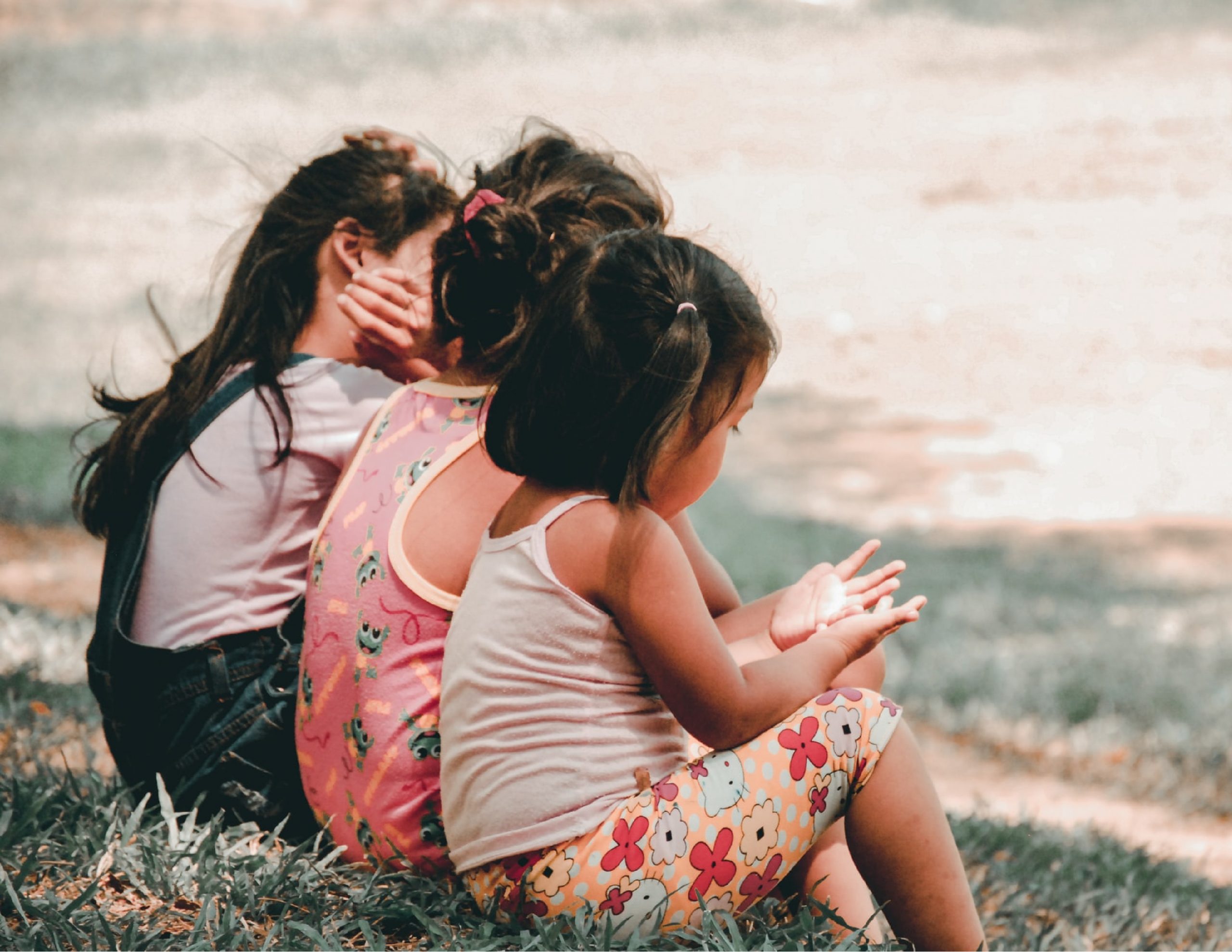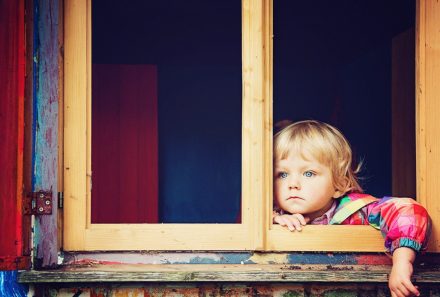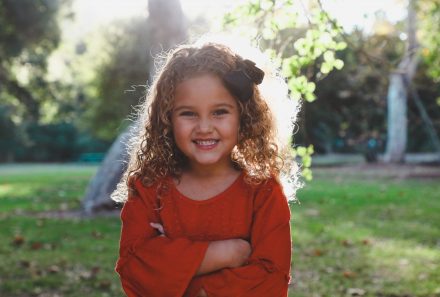Permanency for Children in Foster Care

Foster care can be tough on kids, that’s well-known. But what isn’t talked about enough is how we can fix this problem. One aspect of foster care in Florida that Heart of Adoptions, Inc feels should be addressed immediately is the lack of permanency among older children.
When we talk about permanency, we mean pursuing a legally permanent, nurturing family for every child involved in the system. This could mean reunification with a parental guardian, adoption, guardianship from a family member or close friend, or being placed in a planned, permanent living arrangement by the state.
While permanency is certainly the goal of foster care, an article by The Conversation noted that “about 30 percent remain in temporary care for more than two years. In 2014, 64,300 children had been stuck in the foster care system for more than 3 years, 28,000 of them for 5 years or more.”
Remaining in foster care for such extended periods of time can be incredibly harmful to a child’s wellbeing. The child will most likely experience multiple changes to their placement, which results in interrupted relationships and a lack of stable attachments. These types of circumstances often lead to stunted social and emotional development and can lead to severe, long-term behavioral, and emotional problems. This makes educational achievement and the chance of returning home or adoption even more challenging.
Achieving permanency for children in foster care in Florida is critical to the well-being of each child, and to the success of the foster care system. This system, funded by taxpayers, should not be a detriment to children and society, but should instead be a system where children are protected, nurtured, and advocated for at all times. Children who achieve permanency are able to regain those relationships and attachments that they lacked when moving from placement to placement. They’re able to feel safe and secure in their surroundings, which ultimately allows them to grow both intellectually and emotionally.






